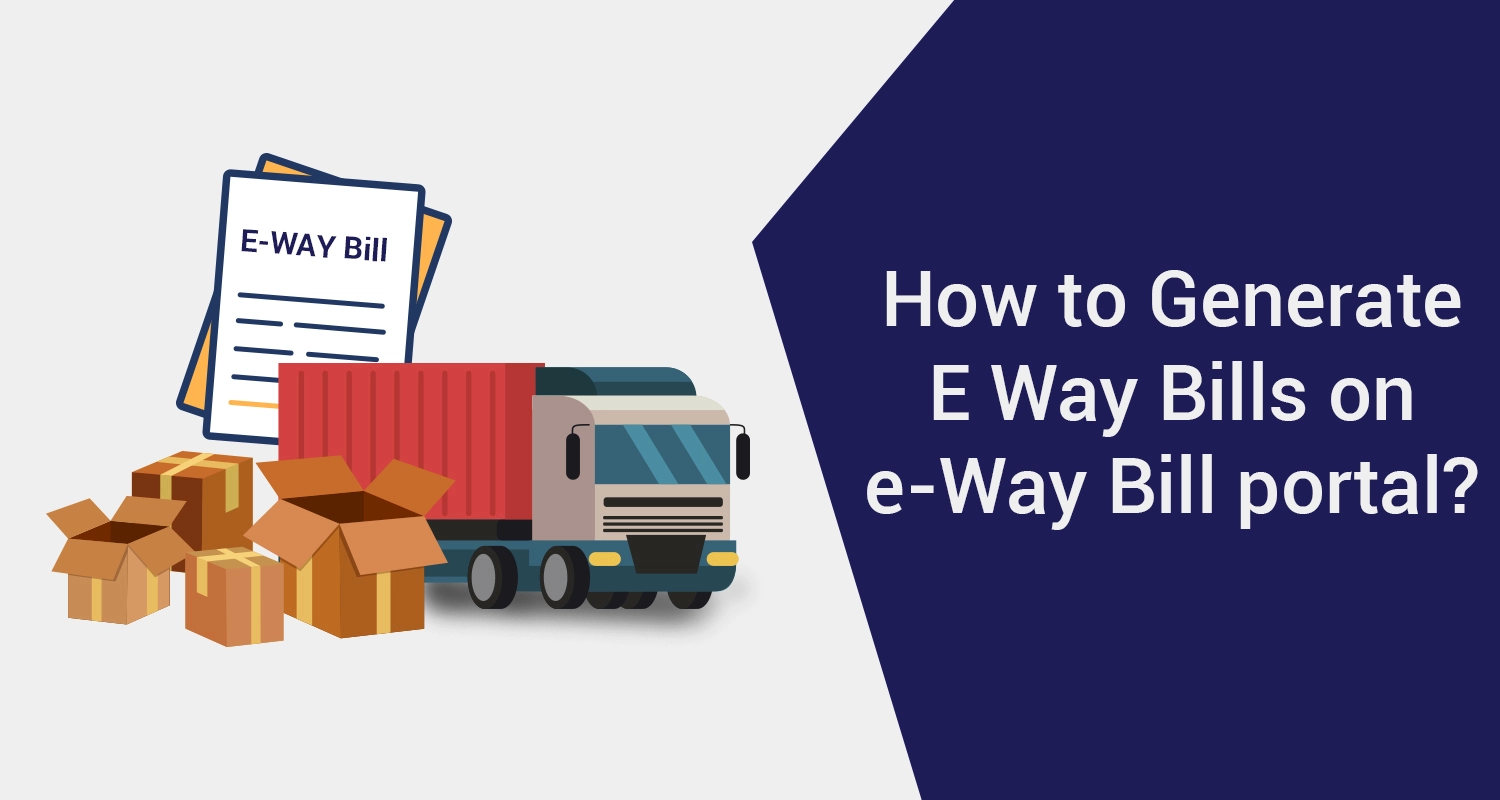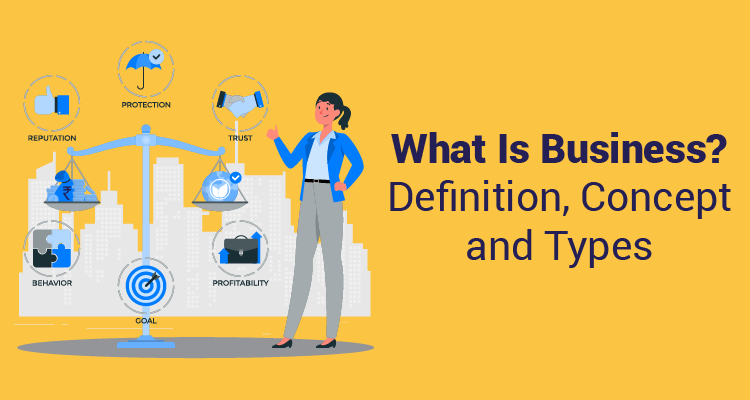How to Generate eWay Bills on e-Way Bill Portal?
Table of Contents
Most businesses' operations require goods transportation from one point to the other. For this, per the GST (Goods and Service Tax) laws, it’s compulsory for the business owner to have an e-way bill (EWB) or an electronic way bill—a document serving as a permit for transporting goods exceeding ₹50,000 in value within the country.
E-way bill works out as a convenient option for transporters or suppliers regularly shipping several items at once with the consolidated e-way bill (EWB-02). This single document combines the details of individual e-way bills (EWBs) for each consignment being transported in a single vehicle.
As this feature can streamline the shipping process by reducing the paperwork involved, obtaining it is also convenient and can be done on the GST portal.
This article will guide you about how to get an e-way bill.
Requirements for Generating E-way Bills
Before generating an EWB on the GST portal, businesses are required to have:
- Registration on the EWB portal
- Invoice or bill related to the goods being transported
- Transporter ID or vehicle number (if transport is by road)
- Transporter ID, transport document
Sapna aapka. Business Loan Humara.
Apply Now4 Steps to Generate an E-way Bill Online
Wondering how the e-way bill is generated?
Visit the e-way bill portal at https://ewaybill.nic.in and log in with your username, password, and Captcha code to access the system.
- On the dashboard, locate the "e-way bill" option and select "Generate New."
- Enter the required information, including:
- Transaction type (Outward for supplier, Inward for recipient)
- Sub-type (applicable option)
- Document type (invoice, bill, challan, etc.)
- Document number and date
- From/To addresses (including "URP" for unregistered GSTIN holders)
- Item details (product name, description, HSN code, quantity, unit, value, tax rates)
- Transporter details (mode of transport, distance, transporter ID & document details OR vehicle number)
- Submit: Click "Submit" to initiate data validation. Once confirmed, the e-way billing system will generate your EWB in Form EWB-01 with a unique 12-digit number.
After the e-way bill generation, print a copy and carry it for transporting the goods.
If you need to update the vehicle details, you can regenerate the EWB challan. For this, click on the e-way bill option on the dashboard and then the Regenerate option. Update the details in the relevant field. Read more about the How to Start Packers & Movers Business in India?
Conclusion
It is compulsory for businesses to have an E-Way bill when shipping goods exceeding Rs 50,000 from one point to another. You can easily obtain an e-way bill online from the official EWB website and adhere to GST regulations for a smooth and legal transportation of goods within India.
FAQs
Q1. Can unregistered suppliers or transporters also generate EWB?
Ans. Yes, while it is compulsory for a GST-registered business transporting goods exceeding ₹50,000 in value within India, unregistered transporters and suppliers can also generate it for their needs.
Q2. Are there different types of e-way bills?
Ans. Yes, there are two main types of e-way bills:
EWB-01 (Regular E-way Bill): Used for a single consignment of goods.
EWB-02 (Consolidated E-way Bill): A single document combining details of multiple EWBs for goods transported together in one vehicle.
Q3. Is generating an e-way bill chargeable?
Ans. No, generating an e-way bill on the government portal is completely free. However, some transporters or logistics companies might charge additional fees for their services related to e-way bill generation or management.
Q4. What is the validity duration of an e-way bill?
Ans. An e-way bill’s validity depends on the distance the goods are being transported. The system automatically calculates the validity based on the distance entered during generation. It usually ranges from one day for short distances to 100 days for longer journeys.
Q5. Do I need to carry any document with the e-way bill during transport?
Ans. The e-way bill acts as a permit, but it's always recommended to carry copies of the invoice/bill/challan related to the goods and any other relevant documents associated with the shipment. This can help during inspections by tax authorities.
Sapna aapka. Business Loan Humara.
Apply NowDisclaimer : The information in this blog is for general purposes only and may change without notice. It does not constitute legal, tax, or financial advice. Readers should seek professional guidance and make decisions at their own discretion. IIFL Finance is not liable for any reliance on this content. Read more




